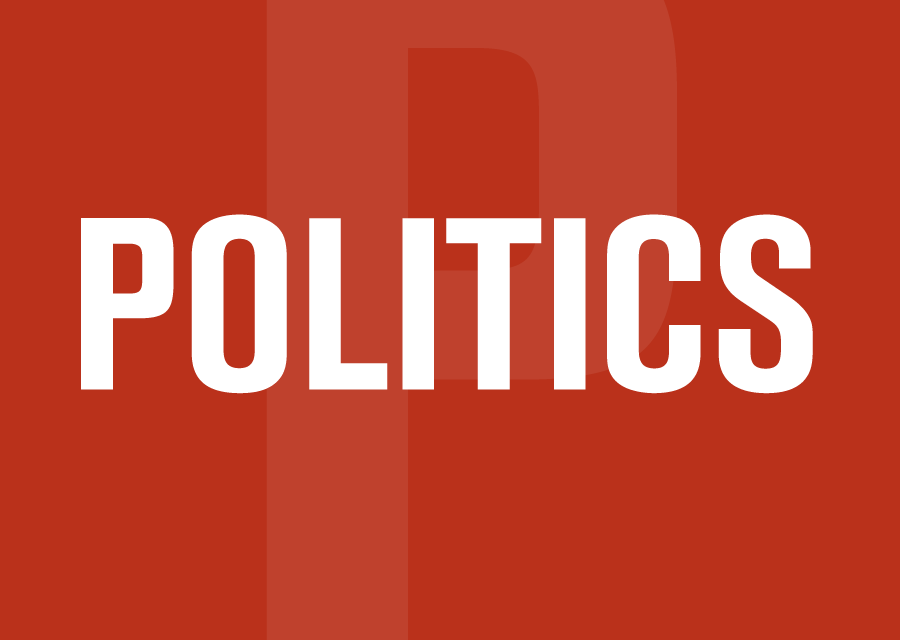It was an interesting choice by Justin Trudeau to launch his good news cross-country jobs and economy tour in the Maritimes, a region where there has been little joy on that score for a long time. One might think he would be rendered a little gun shy by the fact that the economic growth he was on the road to promote has completely bypassed the Atlantic Region. Annual estimates published last week by Statistics Canada show job growth in Canada of 336,500 in 2017. In the Atlantic Region it was minus 2,100 in 2017 – a total made up of 8,500 fewer jobs in Newfoundland and Labrador and small employment gains in the three Maritime Provinces.
If the PM’s decision to venture into the lion’s den was somewhat surprising, at least to me, the lion’s reaction was more astonishing. I heard two radio interviews (CBC Information Morning and News 95.7) and watched most of the Lower Sackville town hall via live streaming, and heard not a single question about jobs or the economy. Clearly questioners felt there are more urgent issues to be put to the PM, but it’s strange that no one brought up our no-growth status – even after Trudeau answered a question at the town hall about the deficit and debt with a riff about the country having “the best growth rate in the G7 and the lowest unemployment rate since the Montreal Olympics,”
Maybe the reason our economic doldrums are not top of mind is that in recent years the local media have stopped reporting the provincial and regional statistics. People read or hear headlines about the country’s record low unemployment or robust economic growth and think it naturally applies to Nova Scotia or the rest of the Atlantic region. It also factors in that there are no opposition voices in Ottawa or among provincial governments to utter a discouraging word. Then there’s the fact that Lower Sackville is part of the Halifax bubble where construction, population gains and all around boosterism conceal the fact that employment growth in HRM has also been sluggish.
Another possibility is that we have learned to stop worrying and love no growth. The annual employment picture for 2017 is not an outlier – it has been going on for the last decade and we have survived.
Employment Canada and Atlantic Canada 2007-2017
| Canada | 16,769,300 | 18,416,400 | +1,647,100 |
| Newfoundland &Labrador | 217,000 | 224,100 | +7,100 |
| Prince Edward Island | 68,400 | 73,700 | +5,300 |
| Nova Scotia | 447,300 | 449,000 | +1,700 |
| New Brunswick | 357,600 | 352,900 | -4,700 |
As the Table shows, job growth in Canada topped 1.6 million between 2007 and 2017. In Atlantic Canada, growth was less than 10,000 over the decade. Coming up on four years since publication of “Now or Never,” aka the Ivany Report, it looks like Never has taken a commanding the lead.
A few Answers
Some of the questions that were asked of Trudeau elicited responses that did him little credit, in particular his almost abrupt dismissal of Carly Sutherland’s plea for a national autism strategy. The need for a federal role in establishing national standards of care and support for individuals with autism and their families has been advocated for years, including by a Senate committee in 2007. As pointed out in my Equal as Citizens, there is a patchwork of services across the country, with a clear correlation between the level of support and a province’s wealth.
The Trudeau Liberals have not been shy about promoting national strategies – for housing, for mental health, for seniors. Nor have they hesitated to infringe on provincial jurisdiction when it suits them – see carbon pricing. For Trudeau to brush off Carly Sutherland with talk about federally-funded research and advocacy while insisting on provincial jurisdiction is disingenuous on the part of a government that has clamped down on health and social transfers to the provinces.
Trudeau’s shakiest performance was on Information Morning. Asked by Don Connolly about breaking a campaign promise on electoral reform, Trudeau went right over the top. He called proportional representation a “potential threat to the country” that “would have been damaging to our stability” and went on to say that supporters of PR represented “very much a minority of Canadians.” Such balderdash. Substitute “Liberals” for “country” and you have the real reason PR was a no go.
-30






